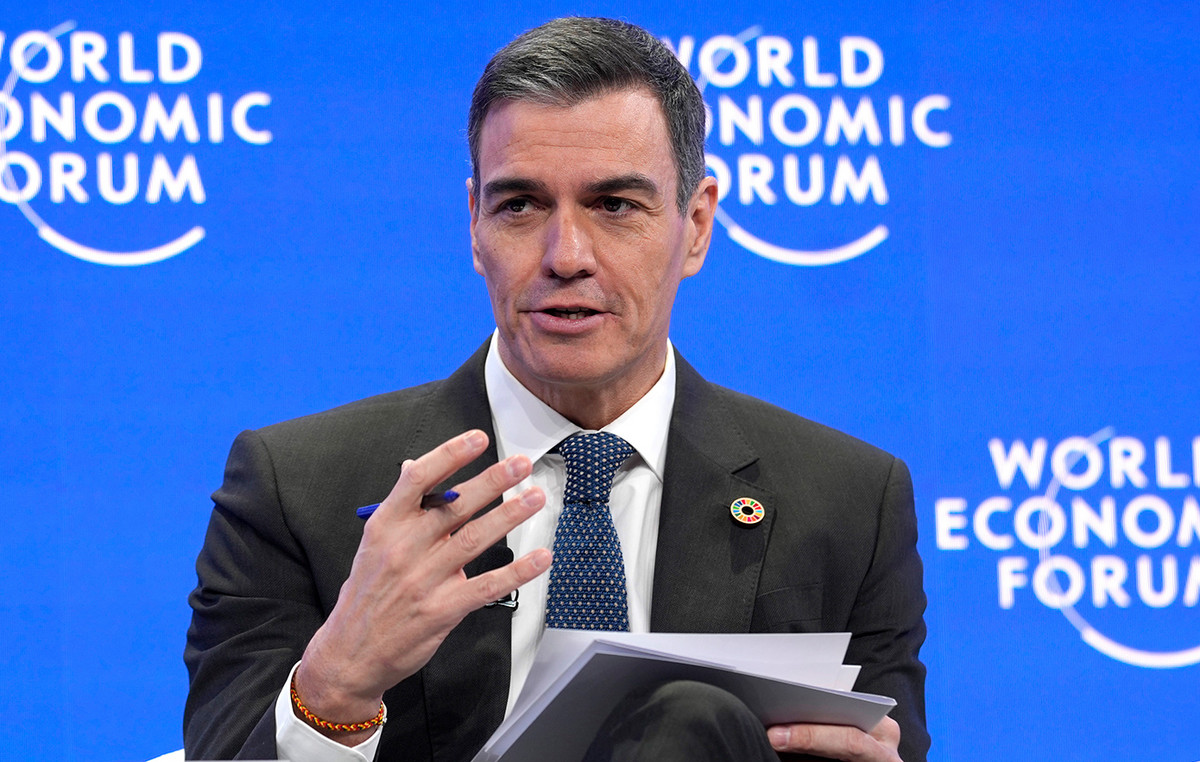Stock indices in the Asia-Pacific region are moving with generally positive signs – excluding China – despite fears of impending recession due to the spike in prices, while economies are still recovering from the effects of the coronavirus pandemic.
On the board, the Japanese Nikkei moved up 0.69% to 26,985.09 points, with the South Korean KOSPI to gain 1.03%, while in Hong Kong, the Hang Seng declines strongly by 2.45%. In mainland China, the Shanghai loses 0.37%, while o Shenzen 0.65%. In Taiwan, the Taiwan Weighted strengthened by 0.56%, with S & P / ASX 200 to record an increase of 0.56%.
Especially in Hong Kong, the downward trend concerns the concerns of Chinese real estate development companies, but also the “suppression” of technology companies by Chinese regulators.
Rising prices, especially in the food and energy sectors, are heightening concerns about how central banks will be able to control inflation without hurting business at the same time.
The conflict in Ukraine, which is exacerbating the above-mentioned phenomena, shows no signs of escalation, with Russia launching its long-awaited attack on eastern Ukraine on Monday night, especially in Donbas.
“One of the biggest problems of the period is that it is difficult to find a heretical voice that does not agree that the course of the world economy is in recession. Negativity about the course of the economy is contagious and that in itself can be a deterrent to investors “, notes Stephen Innes of SPI Asset Management in a comment.
The Bank of Australia has announced that rising inflation and wage growth have earlier set the timetable for the first rate hike since 2010, apparently backing the view of economists expecting a rise in June.
Underlying inflation stood at 2.6% in the last quarter, and minutes from the central bank meeting on April 5 showed that members discussed how recent increases in fuel, food and other commodities would cause further increases in the cost of living in the coming months. quarters.
However, the BoD agreed to wait for further data on inflation and wages before deciding on interest rates.
Source: Capital
I am Sophia william, author of World Stock Market. I have a degree in journalism from the University of Missouri and I have worked as a reporter for several news websites. I have a passion for writing and informing people about the latest news and events happening in the world. I strive to be accurate and unbiased in my reporting, and I hope to provide readers with valuable information that they can use to make informed decisions.







